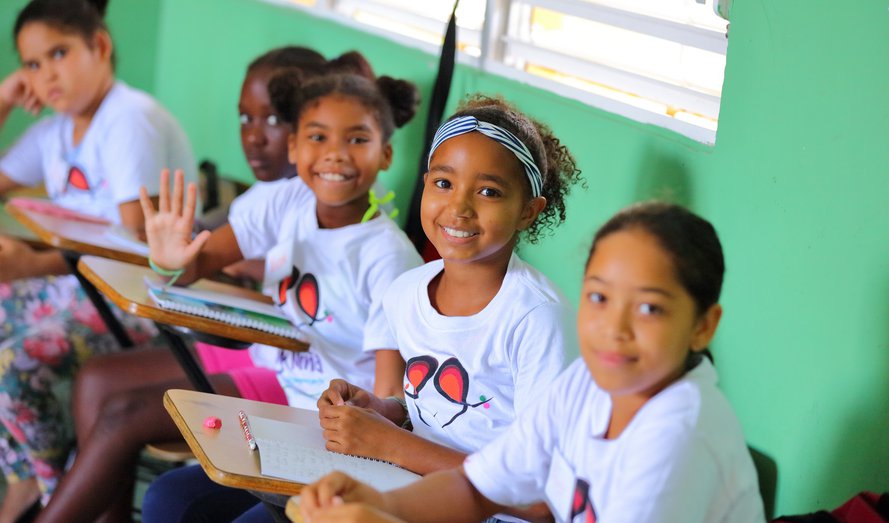
UNESCO statistics reveal that only 30% of women around the world choose higher education in the fields of science, technology, engineering and mathematics (STEM). Globally, female student enrollment is particularly low in with a mere 3% in data sciences and technology, 5% in natural sciences, mathematics and statistics, and 8% in engineering, manufacturing and construction.
The large disparity in numbers is not because girls don’t like science, but because these girls are held back by the discrimination, prejudice and stereotypes of society. Such inequality is responsible for only 28% of researchers around the world being women. This is also one of the reasons why only 17 women have won the Nobel Prize in physics, chemistry or medicine since Marie Curie, who was the first woman to receive it, in 1903.
The book "Cracking the code: Girls' and women's education in science, technology, engineering and mathematics (STEM)", published by UNESCO in 2017, highlights the importance of fostering interest from a young age, fighting against stereotypes, training teachers to encourage girls to pursue STEM careers, develop gender-sensitive curriculum, and orient girls and young women to change their mindset.
Girls and women are key players in crafting solutions to improve lives and generate inclusive and sustainable growth that benefits us all. This is why every year Fundacion Tropicalia hosts the camp Soy niña, soy importante (SNSI), where we empower the girls of the Miches community to understand the importance of valuing themselves, recognize their importance in society, and the value of their decisions.
SNSI and Fundación Tropicalia believe science and gender equality are vital components to achieving the Sustainable Development Goals (SDGs) included in the 2030 Agenda. In the last 15 years, the international community has made a great effort to inspire and promote the participation of women and girls in science. However, they continue to face barriers that prevent them from fully participating in this field.
In order to achieve full and equal access to and participation in science for women and girls, and further achieve gender equality and the empowerment of women and girls, the United Nations General Assembly declared February 11th as the International Day of Women and Girls in Science.
“Girls’ under-representation in science, technology, engineering and mathematics education is deep rooted and puts a detrimental brake on progress towards sustainable development" explains Irina Bokova, Director General of UNESCO.















